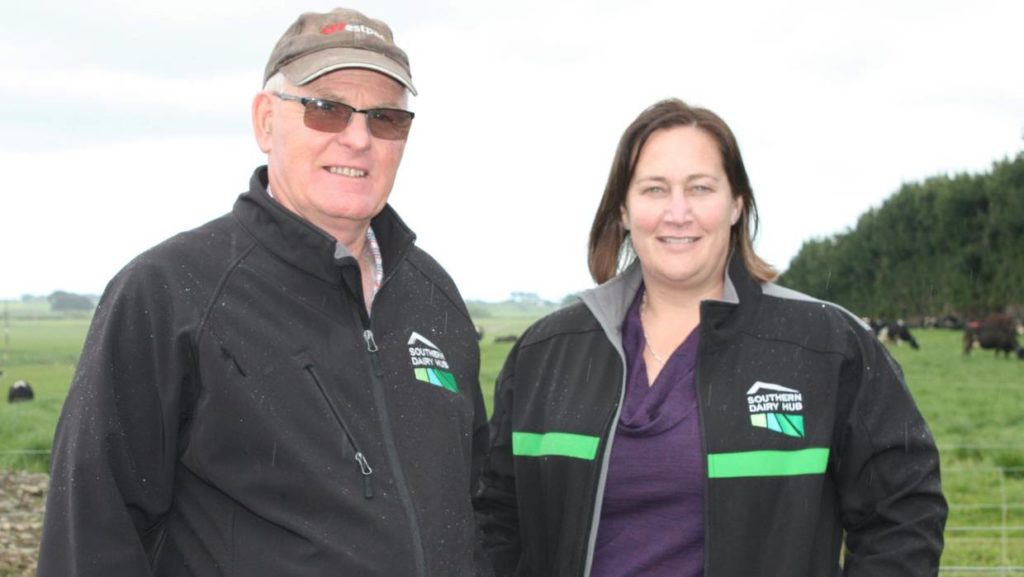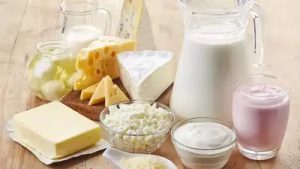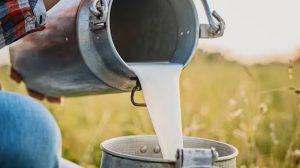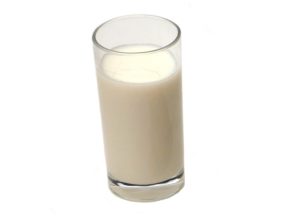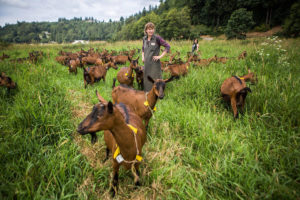However, farm manager Charlie McGregor remained upbeat about the season.
“We’re ticking along not too bad – a bit of sunshine and we will be away running,” he said.
McGregor and his team milk 700 crossbred cows in four herds on a 309 hectare milking platform at Makarewa, near Invercargill.
The property, which was converted to dairy in 2017, is used to facilitate dairy research and extension in the Southland region.
Several trials were being carried out such as comparing high and low input fodder beet and Kale wintering systems, the effect of supplementing cows with phosphorous and how nitrogen leaching impacts the environment.
McGregor, who has been managing the property for the past year, said the season had started well.
“We had a lot of grass around and thought we were on to a winner.
“We just had the odd wet patch,” McGregor said.
However, the “odd wet patch” has turned into one of the wettest springs Southland has had in many years and the farmers at the hub’s annual field day on Tuesday agreed.
McGregor said milk production had been hovering between 1.8 and 2 kilograms of milk solids a cow for the past month with a lot of daily variation within and between herds.
Calving had recently finished with the late arrival of a bull calf and mating was expected to start later this week.
Hub general manager Louise Cook said calving had been challenging with 35 heifers and some cows requiring assistance at calving.
The heifers had been mated to low birthweight Hereford bulls with the aim of creating a good saleable calf.
“We were looking to reduce the number of bobby calves we produce and add value to the calves.
“We thought it was a good idea in theory,” she said.
Cook said the value from the calves had been eroded by the difficult calvings and several heifers were unlikely to get in-calf again.
However, there were less metabolic issues and fewer down cow deaths than last year.
Cook said the plan was to mate the heifers to Jersey bulls this season while the cows would be mated to mostly crossbred semen and followed-up with Jersey cross bulls.
More than 200 cows were yet to cycle which could be partly attributed to some of the cows being wintered on kale not achieving their pre-calving body condition score targets.
The team at the hub had implemented several strategies to deal with the wet weather and slow pasture growth.
This included holding the round length at 30 to 32 days to build grass cover ahead of the cows, using supplements such as baleage and grain in the shed to fill the feed deficits.
They were also undertaking weekly pasture walks and regularly updating the spring feed budgets.
The lighter cows were being milked once daily to reduce pressure in the leadup to mating although they remained with their respective herds for monitoring purposes.
If the weather got too bad there was an option to semi stand cows off on springer paddocks that would be going into crop to prevent damaging paddocks across the farm.


